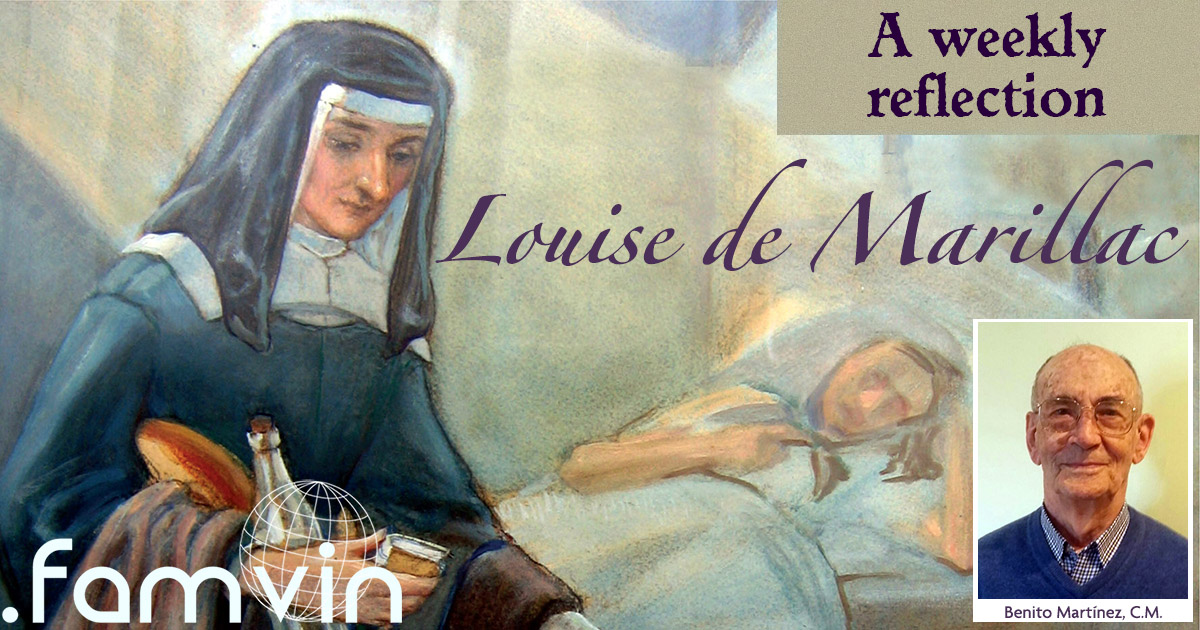“My Most Honored Father, I cannot wait any longer to tell you of the state I was in during my little retreat. I believe God does not wish me to taste fully this sweetness for I have been distracted since yesterday by one of our sick who received Extreme Unction. She is a fine girl who was at Saint-Barthelemy; her father is a merchant in Tours, and her name is Catherine de Gesse. Our other sick sister, who is mentally ill, does nothing but reproach us for not wanting to tell you that she has asked to see you. We are working towards sending her away after the feast days, if God so wills it. As for me, my dear Father, what should I do tomorrow? Should I not refrain from receiving Communion until I have let you know the faults I discovered during my examen?” (L. 120)
From a letter from Saint Louise de Marillac to Saint Vincent de Paul on the eve of Pentecost in 1645.
Reflection:
- Selfish is a person who constantly seeks his own interest without taking into account that of others. A behavior can be described as selfish by some people and not by others according to the social, ethical and moral culture that exists in a particular place.
- Individualist is one who puts all his emphasis on the individual, who behaves according to his own criteria or giving relevance to his interests and not depending on the group to which he belongs. Individualism is in direct opposition to any kind of social or state interference by governments with regard to private life and the decisions of individuals.
- However, to mitigate selfish attitudes in social and family coexistence, governments should try to give rules and laws for the benefit of the elderly, the sick, the disabled, the unemployed, the homeless, etc. And today, to face the great problem of migration. Because it is also individualist who stays outside of what is dictated by the general rules for a good coexistence.
- It is the great problem of living in society and, even more, of being part of a group or belonging to an association: how to combine the rights and obligations of individuals and those of the group to which they belong.
- This problem has given rise more than a century ago to various philosophical, political, economic and religious systems: liberalism, absolutism, capitalism, communism…
- The Vincentian Family is an association of Christian people committed to sacrificing their personal interests to make the poor happy. The Vincentians commit themselves to evangelize and materially help their neighbor, but without neglecting their personal and family life as individuals, nor their relations of friends and colleagues with the other members of the Vincentian branch to which they belong.
Questions for dialogue:
- Are you able to tell the difference between selfish and individualistic? Do you consider necessary the laws or norms of the state, autonomous, provincial or municipal governments? Do you sometimes see as neccesary a dictatorship? Why?
- In the functioning of the branches of the Vincentian Family, can there be absolutist or individualistic forms of direction? Or, on the contrary, do people not care and leave all the work to the managers?
- How is the group you belong to working? Do you have active and lively meetings?
Benito Martínez, C.M.








0 Comments